This JAMA Patient Page describes antimicrobial resistance, its risk factors, and how to decrease the spread of antibiotic resistance.


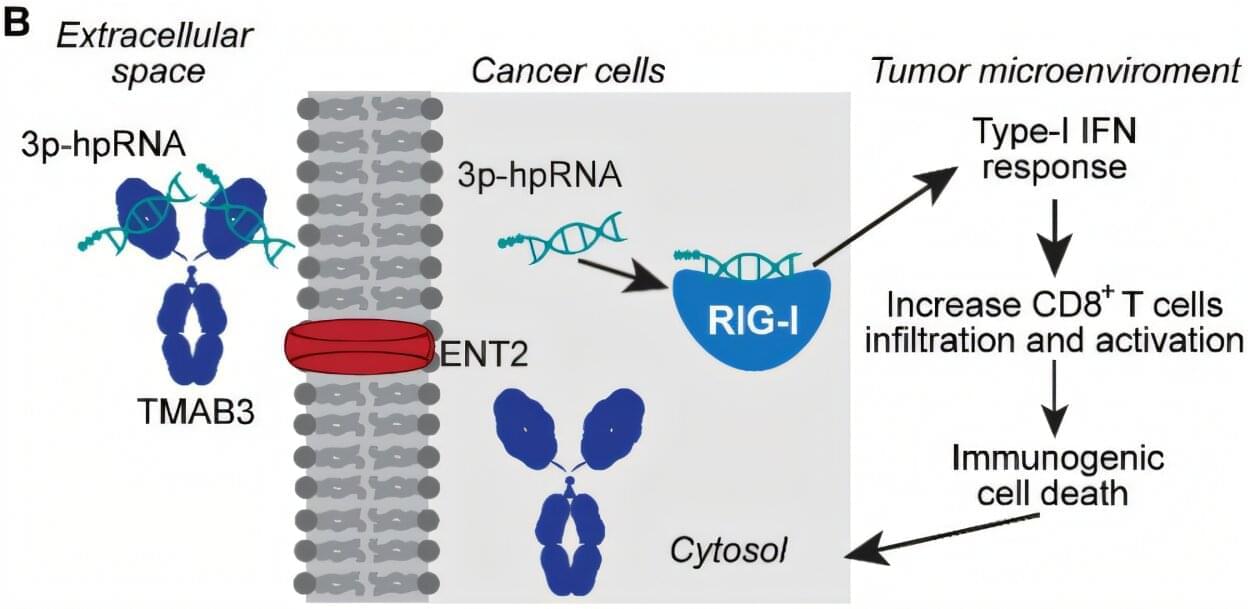
A specially engineered antibody that can accurately deliver RNA treatments into hard-to-reach and hard-to-treat tumors significantly improved survival and reduced tumor sizes in animal models, according to a study reported in Science Translational Medicine.
The study provides evidence that, once injected into the bloodstream, the antibody TMAB3, combined with a type of RNA that stimulates an innate immune reaction, can localize to tumors and penetrate and destroy stubborn diseased cells in pancreatic, brain, and skin cancers.
“Delivery of RNA-based therapies to tumors has been a challenge. Our finding that TMAB3 can form antibody/RNA complexes capable of delivering RNA payloads to tumors provides a new approach to overcome this challenge,” says Peter Glazer, senior author and Robert E. Hunter Professor of Therapeutic Radiology and Genetics at Yale School of Medicine (YSM).

Early-onset gastrointestinal cancers, typically defined as cancer diagnosed in individuals younger than 50 years, are among the largest subset of early-onset cancers globally.
This JAMA Review summarizes current evidence on early-onset gastrointestinal cancers.
This Review summarizes current evidence on colorectal, pancreatic, and esophagogastric cancers among individuals aged 18 to 49 years.
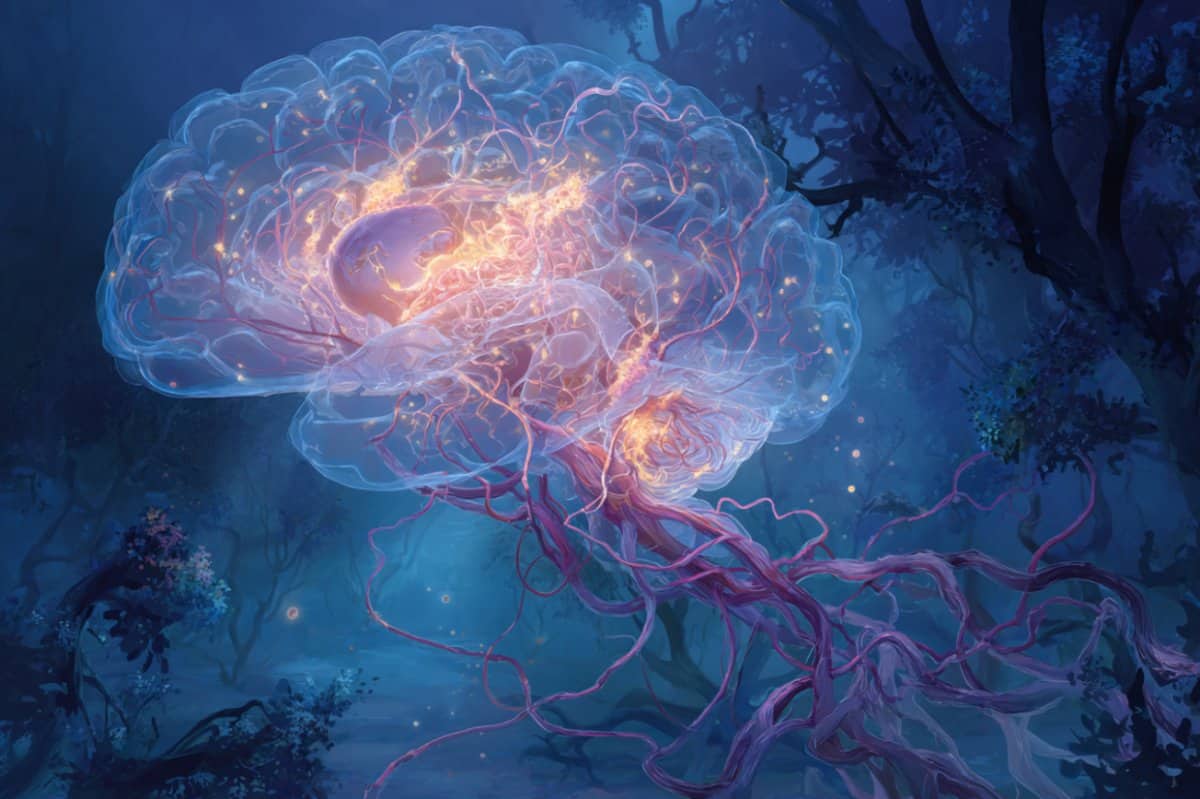
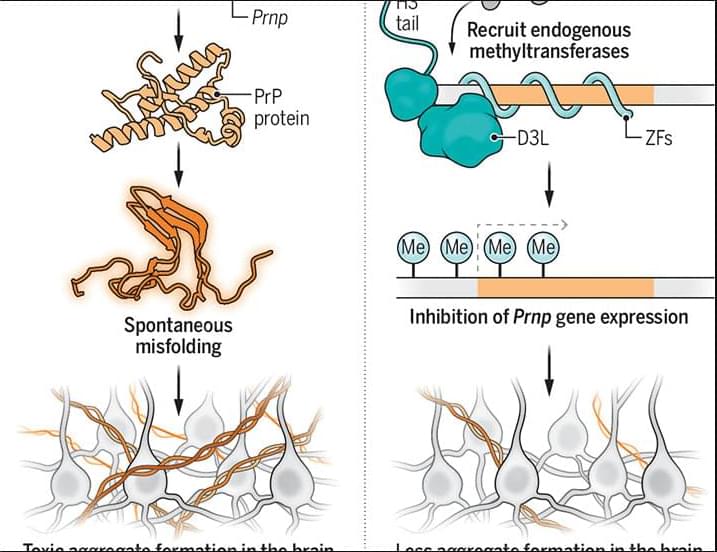
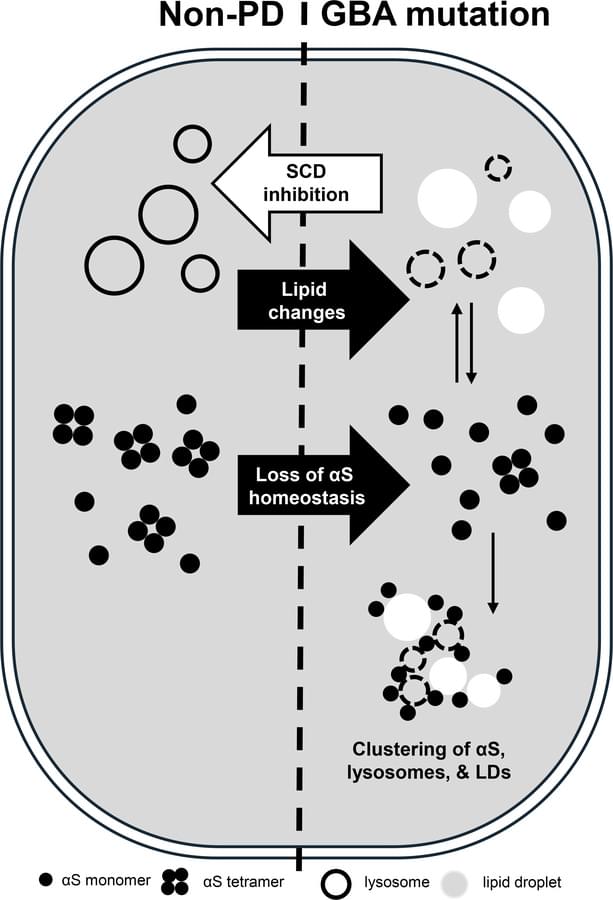
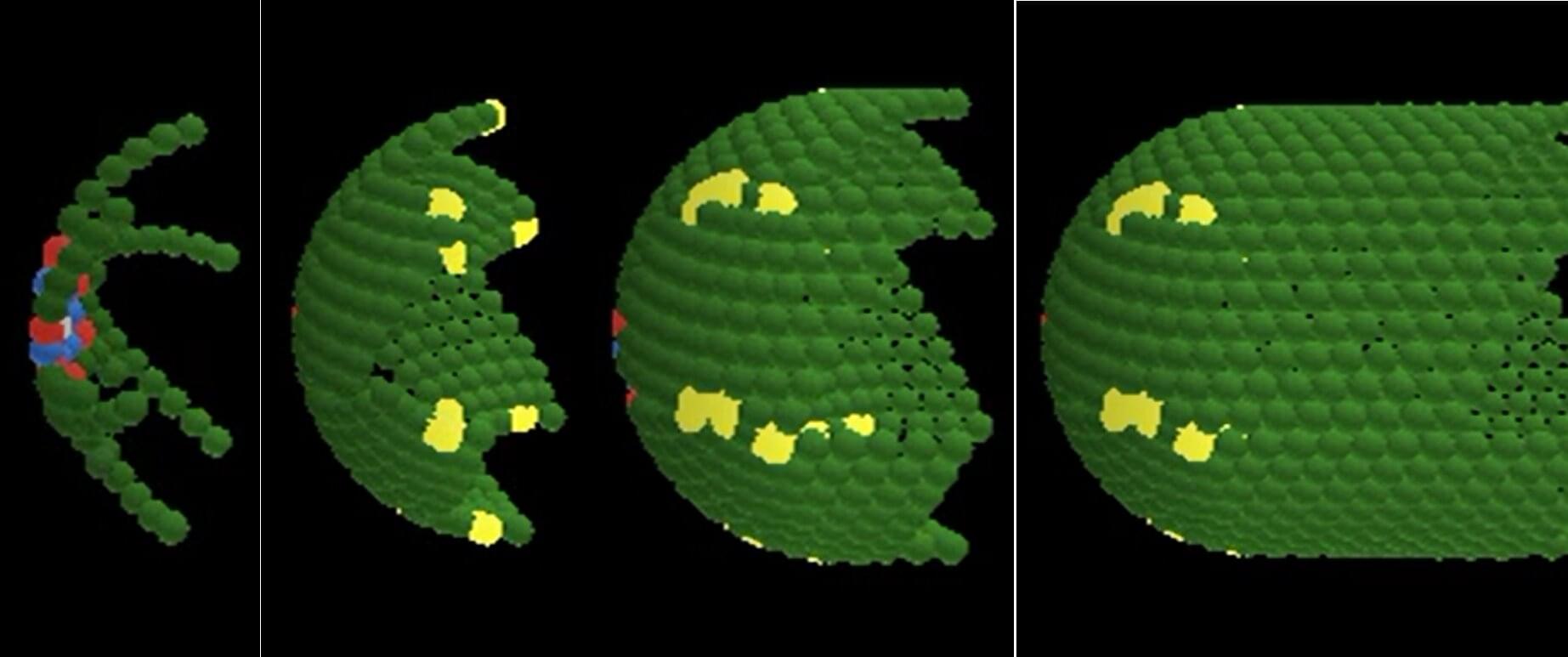
Every day, your body replaces billions of cells—and yet, your tissues stay perfectly organized. How is that possible?
A team of researchers at ChristianaCare’s Helen F. Graham Cancer Center & Research Institute and the University of Delaware believe they’ve found an answer.
In a study published in Biology of the Cell, they show that just five basic rules may explain how the body maintains the complex structure of tissues like those in the colon, for example, even as its cells are constantly dying and being replaced.

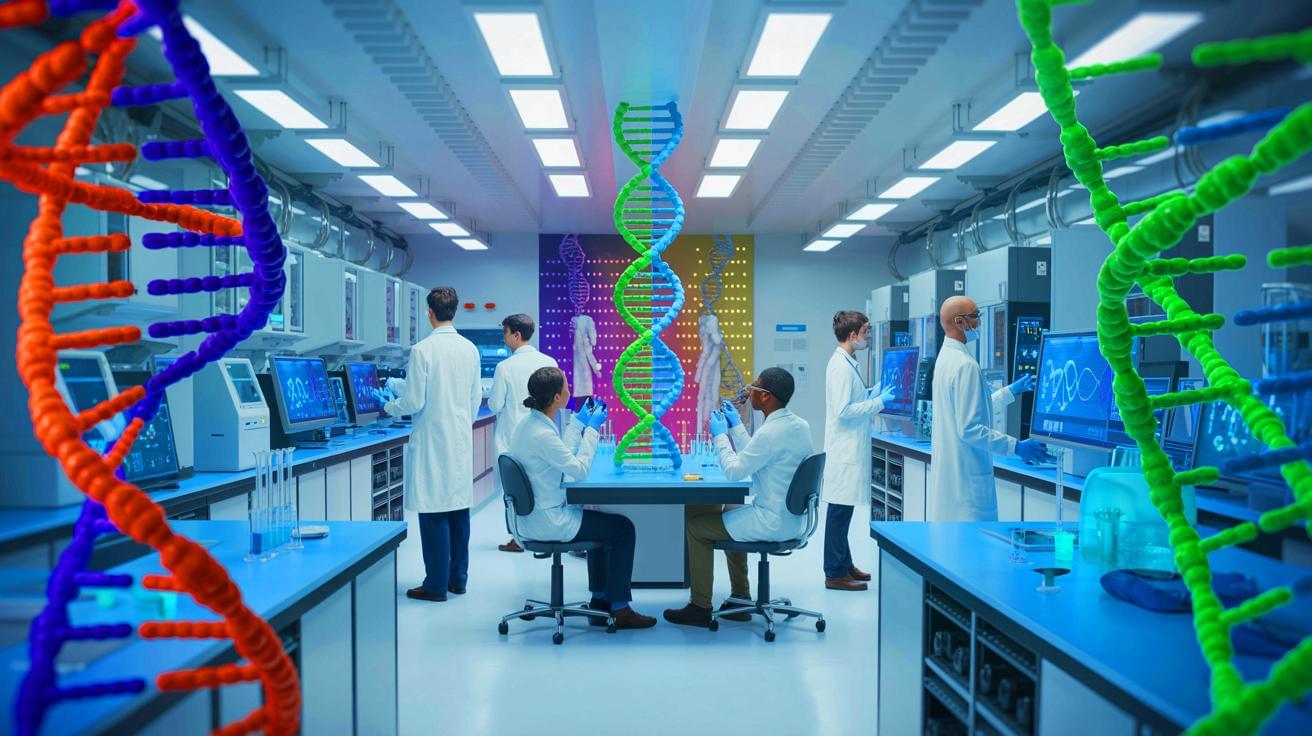
IN A NUTSHELL 🌐 The SynHG project aims to synthesize a complete human genome, opening new horizons in biotechnology. ⚖️ Ethical considerations are central to the project, with a focus on responsible innovation and diverse cultural perspectives. 🧬 Initial steps involve creating a fully synthetic human chromosome, leveraging advances in synthetic biology and DNA chemistry.
Jared Leto, Jeff Bridges, Gillian Anderson, Evan Peters, Tron 3© 2025 — Disney.